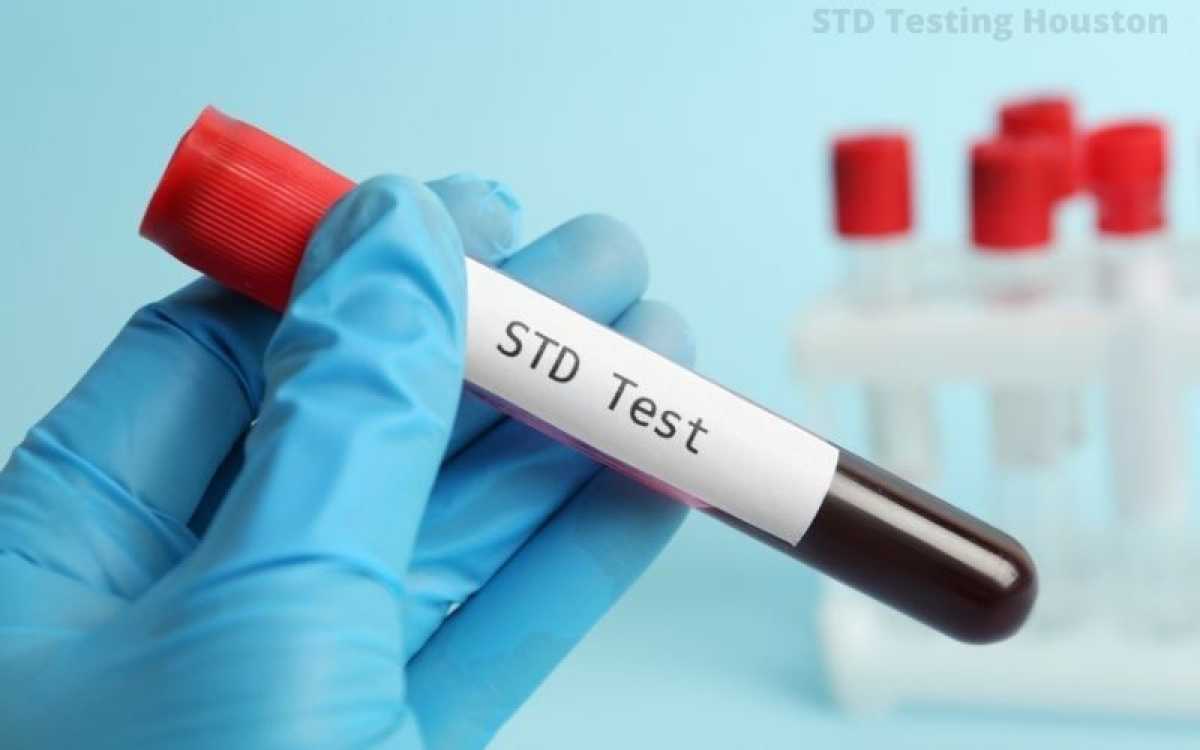The Importance Of Std Testing: Protecting Your Health And Well-being
- - Category: Women's Health
- - 08 Nov, 2023
- - Views: 184
- Save

Health
Sexually transmitted diseases (STDs) are a major public health issue that affects millions of individuals all over the world. While the subject may be awkward to talk about, the need for STD testing can't be overemphasized. Regular STD testing is a vital part of protecting your health and the health of your sexual partners. In this article, we will explore the significance of STD testing, addressing the reasons why it is essential and discussing how it can benefit both individuals and society as a whole.
Early detection and treatment
One of the most important reasons for STD testing is early identification and treatment. Many STDs are asymptomatic, which means that people can be infected without having any obvious symptoms. Without proper testing, many infections can go undetected and untreated, resulting in serious health problems. If you are uncertain about your condition, you can search for "STD testing near me" to evaluate your condition. Regular testing helps with the early detection of STDs, allowing for rapid treatment and the reduction of potential consequences.
Preventing the spread of STDs
Regular STD testing is essential for preventing the spread of illnesses. STDs are easily transferred through sexual contact, so people who are unknowingly infected can infect their partners. You may help reduce STD transmission in the community by being aware of your own STD status and using suitable safety measures, such as practicing safe sex, seeking treatment when necessary, and informing sexual partners if you test positive.
Protecting your sexual partners
Getting tested for STDs is important not just for yourself but also for your sexual partners. Responsible sexual health behavior includes avoiding unintentionally transmitting a disease to someone you care about. Regular testing is an essential component of ethical and caring sexual interactions, ensuring that you are not endangering others.
Protecting your fertility
If left untreated, some STDs can cause infertility in both men and women. Chlamydia and gonorrhea, for example, can damage reproductive organs. Regular STD testing can aid in the early detection of these infections, allowing for timely treatment and avoiding long-term effects that may compromise your ability to have children in the future.
Peace of mind
Knowing your STD status can provide reassurance. Many people are concerned about the chance of contracting an STD, especially if they have multiple sexual partners. Regular testing can reduce these concerns by providing you with reliable health information. It can also help alleviate unnecessary stress and encourage open and honest discussion about sexual health in your relationships.
Reducing stigma and shame
The stigma associated with STDs can cause shame, embarrassment, and prejudice. People often put off testing because they are afraid of the judgment and embarrassment that comes with a positive result. However, it is important to realize that STDs are widespread and may negatively impact anyone. Regular testing helps to de-stigmatize STDs and promotes open discussion about sexual health, making it simpler for people to get the care and assistance they require.
Comprehensive health care
Regular STD testing should be a part of normal health care. STD testing should be a common component of your healthcare program, just as regular check-ups and tests for conditions such as high blood pressure and diabetes are. It guarantees that your health is well-rounded and not restricted to certain parts of your well-being.
Protecting public health
STDs have the potential to have a profound influence on public health. They are linked to a number of issues, such as an increased risk of HIV transmission and poor pregnancy outcomes. By taking part in STD testing, you are helping to restrict the spread of these illnesses and promote a healthy society. Early identification and treatment contribute to a reduction in the total burden of STDs on healthcare systems and society.



